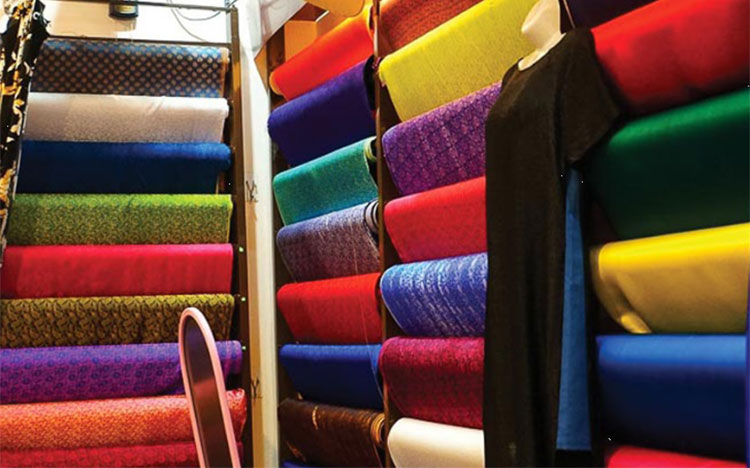
The Lam Dong mulberry and silk industry has been reviving
The households in Gia Hiep commune of Di Linh district have prospering in the last two years since they resumed the mulberry farming and silkworm breeding.
Unprofitable coffee trees have been chopped down to make room for mulberry fields which can bring revenue of VND500 million per hectare per annum.
The high silk demand for export and the domestic fashion industry promises to revive a career which was prosperous in the past.
But unlike the 1990s, farmers now cultivate new high-yield varieties of mulberry and apply new techniques in farming to improve productivity.
The birth of two domestic mulberry varieties VA-201 and S7-CB has provided sufficient mulberries, while silkworm rearing tools have reduced labor costs significantly.
| After reaching its peak in 1990 and witnessing a setback in 1995, the Lam Dong mulberry and silk industry has been reviving, bringing great opportunities to local farmers and businesses to enrich themselves. |
The cocoon quality has also improved. Cocoa was sold at VND200,000 per kilogram in the first few months of 2018, the highest level in the last 10 years.
Dinh Dinh Hien, a farmer of Gia Hiep commune, said if the cocoon price stays at the current level, mulberry farming will develop well.
Hiep is now head of the Gia Hiep commune’s mulberry farming association which has 41 members.
With the cocoon price hovering around VND150,000-200,000 per kilogram, farmers can collect VND600 million per hectare per annum and make a profit of VND400-500 million.
Problems
While farmers are happy about the high cocoon price, silk reeling companies are not.
They said the cocoon price has been pushed up by Chinese businesses that have set up silk reeling workshops in Vietnam and have scrambled with Vietnamese companies to buy materials.
As a result, the price has escalated to VND180,000 per kilogram, though the real value is VND140,000 only.
Unable to compete with Chinese businesses to buy materials from farmers, Vietnamese companies have had to reject a lot of orders.
They have asked agencies to be cautious when licensing silk reeling companies.
The companies also need to show their plans on developing mulberry growing areas. This will ensure sufficient materials for the silk industry.
Analysts commented that while silk reeling workshops have been mushrooming, the number of silkworm eggs has not increased proportionally.
“Silkworm eggs are all imported from China across the border gates without necessary animal quarantine,” said Dang Vinh Tho, deputy chair of the Vietnam Mulberry Association.
Companies said they want to import silkworm eggs through the official channel, but they cannot follow complicated procedures, and also face high risks.
RELATED NEWS
Sericulture & silk industry may have to rely on foreign markets
A premium silk brand now branded a cheat
Thanh Mai
